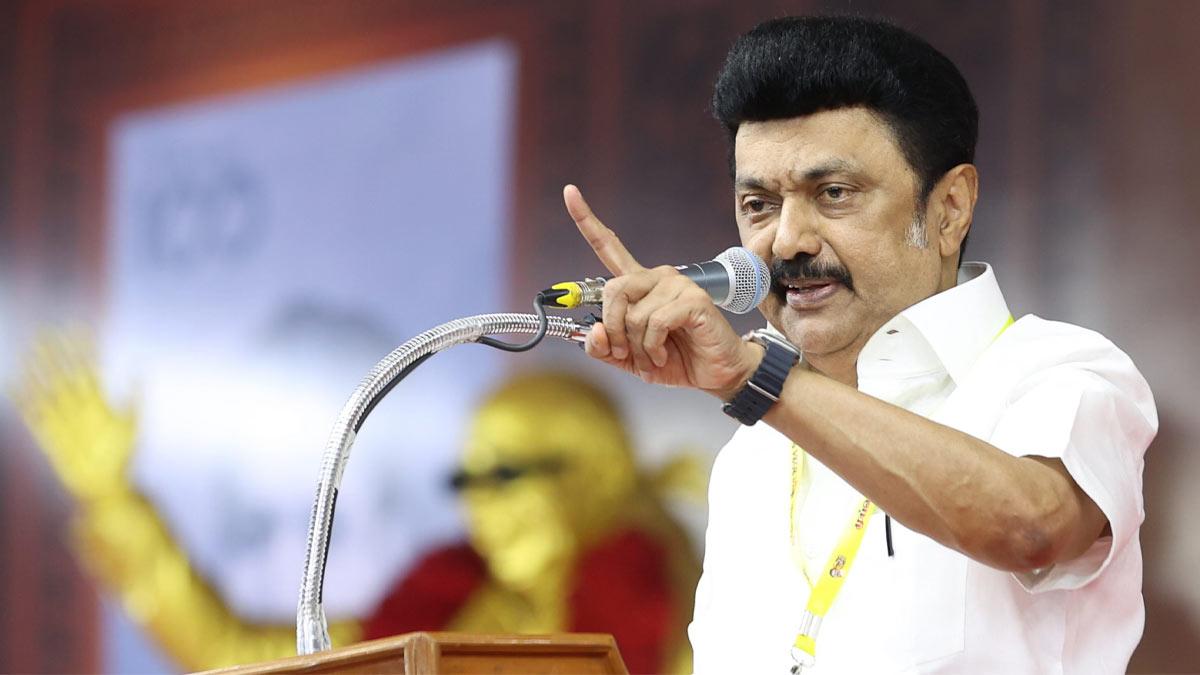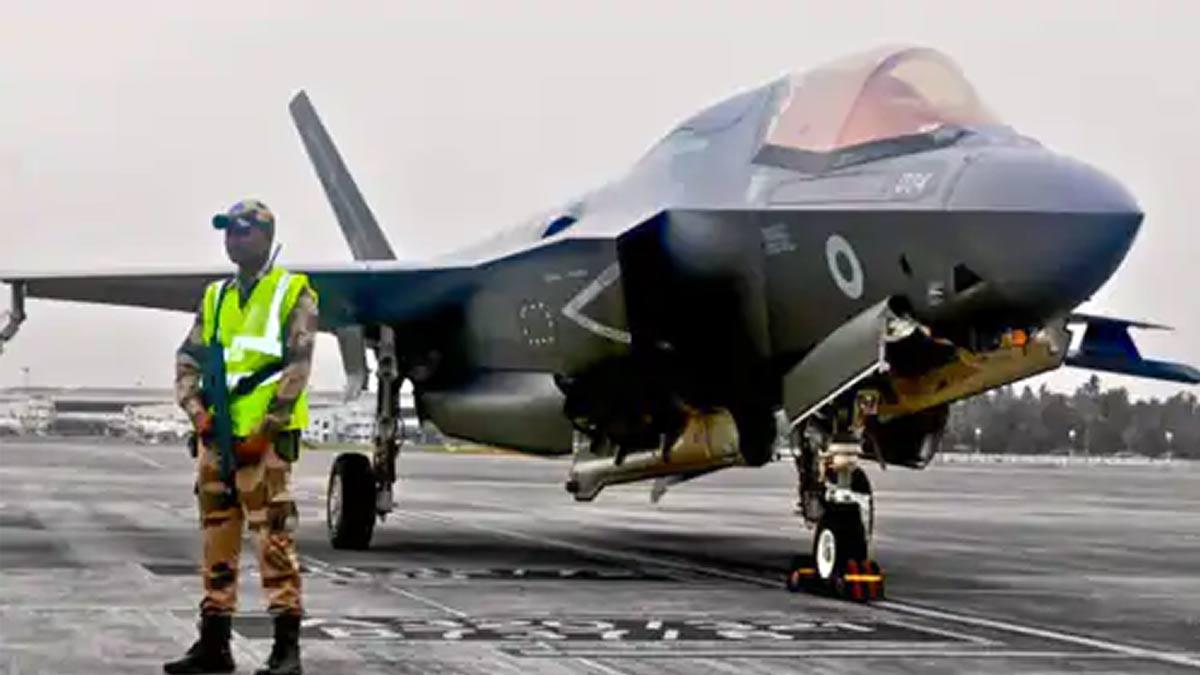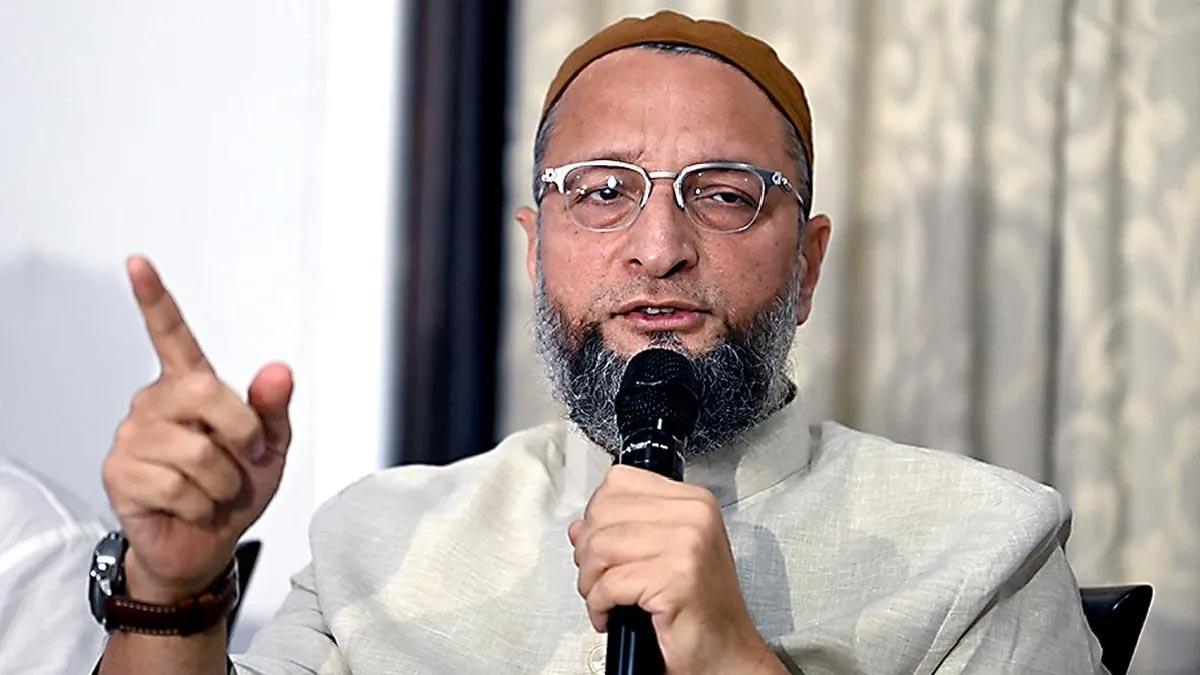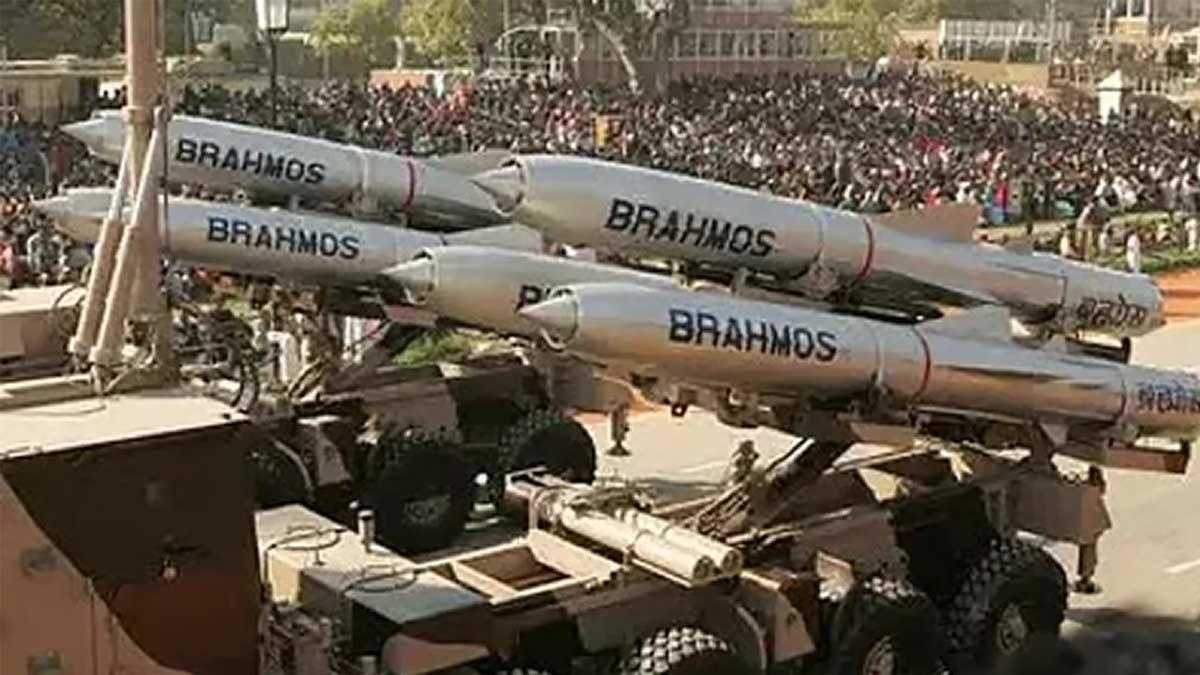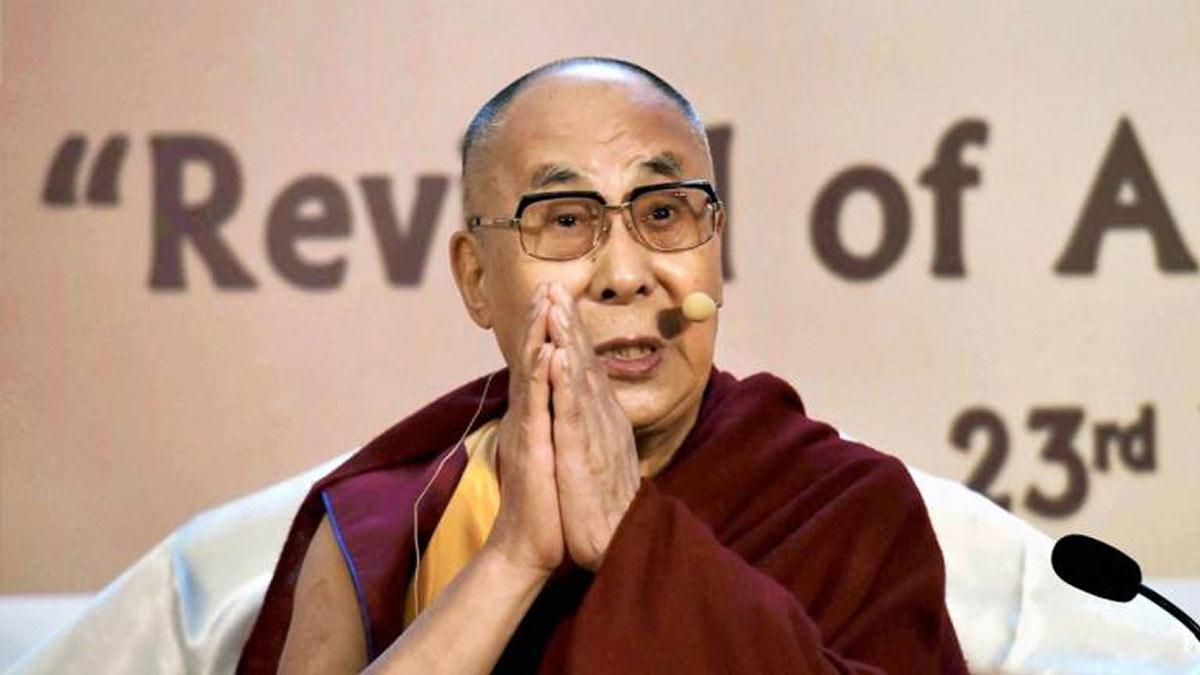The future delimitation exercise—aimed at reconfiguring parliamentary constituencies along population lines—is looking increasingly like the new front between Tamil Nadu's ruling DMK and the BJP-central government. The controversy joins the running ones on the National Education Policy and the selection of Vice Chancellors for state universities.
On Tuesday, Tamil Nadu Chief Minister MK Stalin said an all-party meeting next week would be convened to discuss the issue, threatening that the amendments would sideline the state's political representation.
"We are being represented less in Parliament… Tamil Nadu is having its voice suppressed. This is Tamil Nadu's rights issue. All parties must speak beyond party lines," Stalin declared, and the issue seems like "a sword hanging over southern states.
He also demanded wider discussions on subjects such as NEET, the three-language policy (which has long been opposed by DMK as 'Hindi imposition'), and central fund share.
The Delimitation Debate
The delimitation process may see the seats of Tamil Nadu go up only marginally, from 39 to 41, in spite of its achievement in taming population growth. But if the current 543 Lok Sabha seats are reallocated rather than increased, Tamil Nadu might have its seats cut by eight, a prospect Stalin has been very much against.
If a parliamentary increase does happen, the overall Lok Sabha size may reach more than 750, with substantial increases for states such as Uttar Pradesh, which would have its seats jump to 126 from 80.
On the other hand, smaller states such as Kerala, which has successfully reined in population growth, might lose a seat—the fear being a disproportionate transfer of political influence towards BJP-stronghold northern states.
Critics further contend that this reorganization might benefit the BJP, facilitating elections to be won in those states where they already exercise great influence.
Last year in October, Stalin tackled the problem symbolically, alluding to a Tamil custom in which newlyweds are blessed by elders with 16 forms of wealth, including children—a veiled reference to the effects of uncontrolled population growth.
Centre's Response
Sources in the central government have promised that the success of southern states in population control will be taken into account and that their apprehensions of being penalized are misplaced. But details on how this will be incorporated into the delimitation process are not clear.
New 'Hindi Imposition' Battle
While this was going on, Stalin also ratcheted up his opposition to the Centre's language policy, especially the three-language formula, which is seen by the DMK as a move to thrust Hindi down the throats of Tamil Nadu's students.
His comments underlined the tough line taken by his son and Deputy Chief Minister Udhayanidhi Stalin, who had recently said that Tamil Nadu is prepared for another 'language war'—a reference to the anti-Hindi agitations of the 1930s and 1960s.
Yes, we are prepared for it," Stalin stated, reiterating that Tamil Nadu will not make concessions on its linguistic identity.
This follows a public letter exchange between Stalin and Union Education Minister Dharmendra Pradhan, during which Pradhan stood up for the policy, citing that the excessive dependence on foreign languages constrains students' affinity to their linguistic heritage.
Stalin, however, reacted vehemently to the reports that the Centre would withhold the education funds if Tamil Nadu is not willing to adhere to the three-language scheme, penning a letter in protest directly to Prime Minister Narendra Modi.
Political Storm Intensifies
With the 2026 delimitation exercise on the horizon, Tamil Nadu's political and linguistic war with the Centre can only get more intense. As much as the BJP government asserts that its actions are reasonable and justified, the DMK views these actions as a blow to the rights of southern states, paving the way for a great political battle in the months to come.
Read also| CAG Report: Delhi Government Incurred ₹2,002 Crore Loss Due to Liquor Policy

